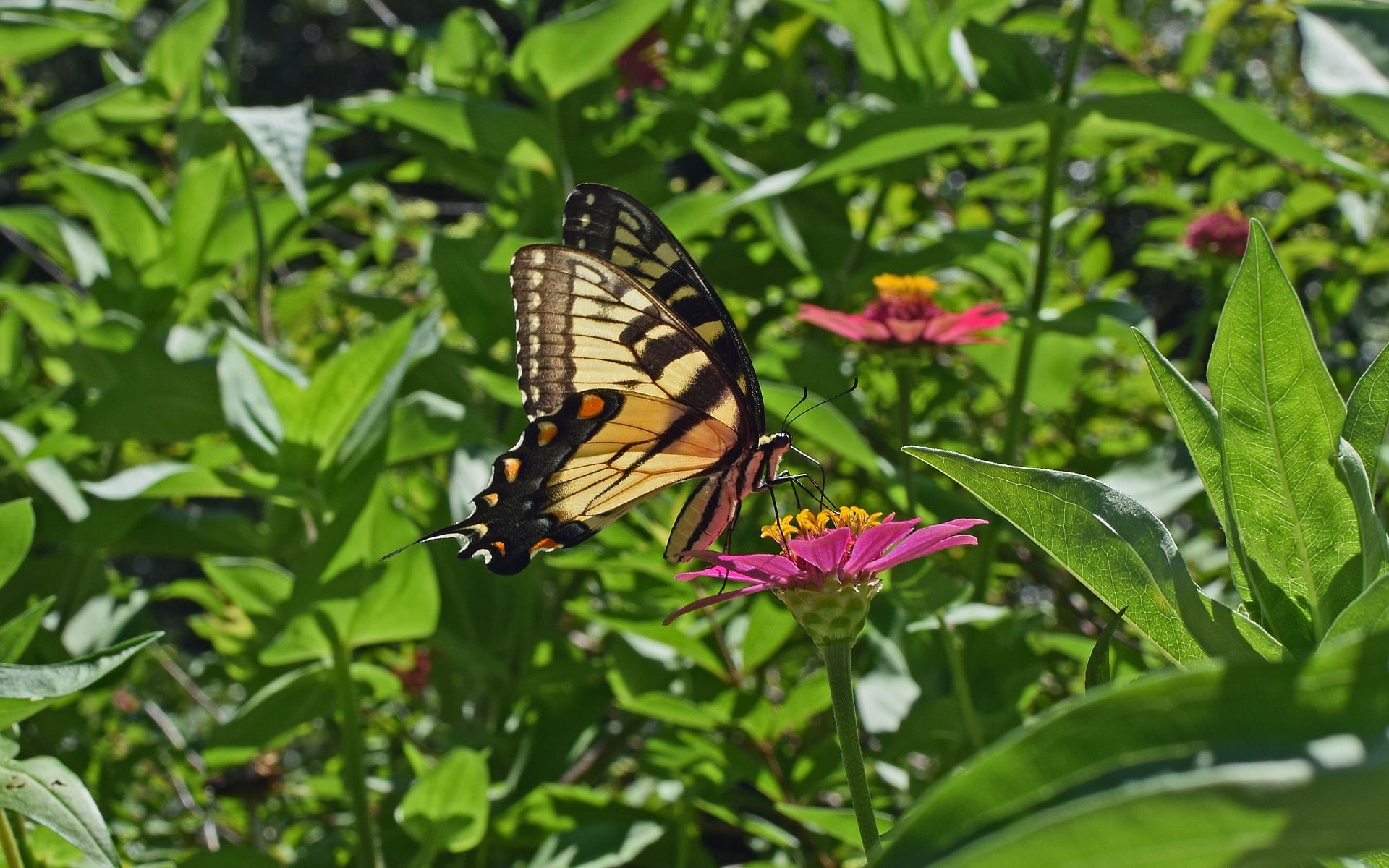Policy brief highlights importance of pollinators for nature and human well-being
The European Commission’s Directorate-General Environment has published a policy brief shedding light on the importance of pollinators for nature and human well-being. The policy brief provides policy makers with relevant scientific information in the context of the EU Pollinators Initiative. The initiative presents strategic objectives and actions to be taken to address the decline of pollinators in the EU and contribute to global conservation efforts.
Importance of pollinators for global food supply
The policy brief explains what pollination is, and identifies some of the most important pollinators. It brings together studies about the role of pollinators in European and global food supply, including the economic value of this contribution. Examples are given of what can happen when pollinator populations decline or disappear altogether. The policy brief also identifies several causes of change in pollinator populations, including land-use change, intensive agricultural management and pesticide use and climate change.

Monitoring pollinator populations
We cannot protect what we do not understand, therefore we should start by monitoring pollinator populations. The policy brief argues for better coordination and collaboration, bringing together researchers from different fields, public institutions, businesses and citizens. Monitoring needs to take place across different habitats and geographic regions and needs to be repeated over time to identify causes and effects of decline or recovery.
You can read the policy brief here (pdf).
